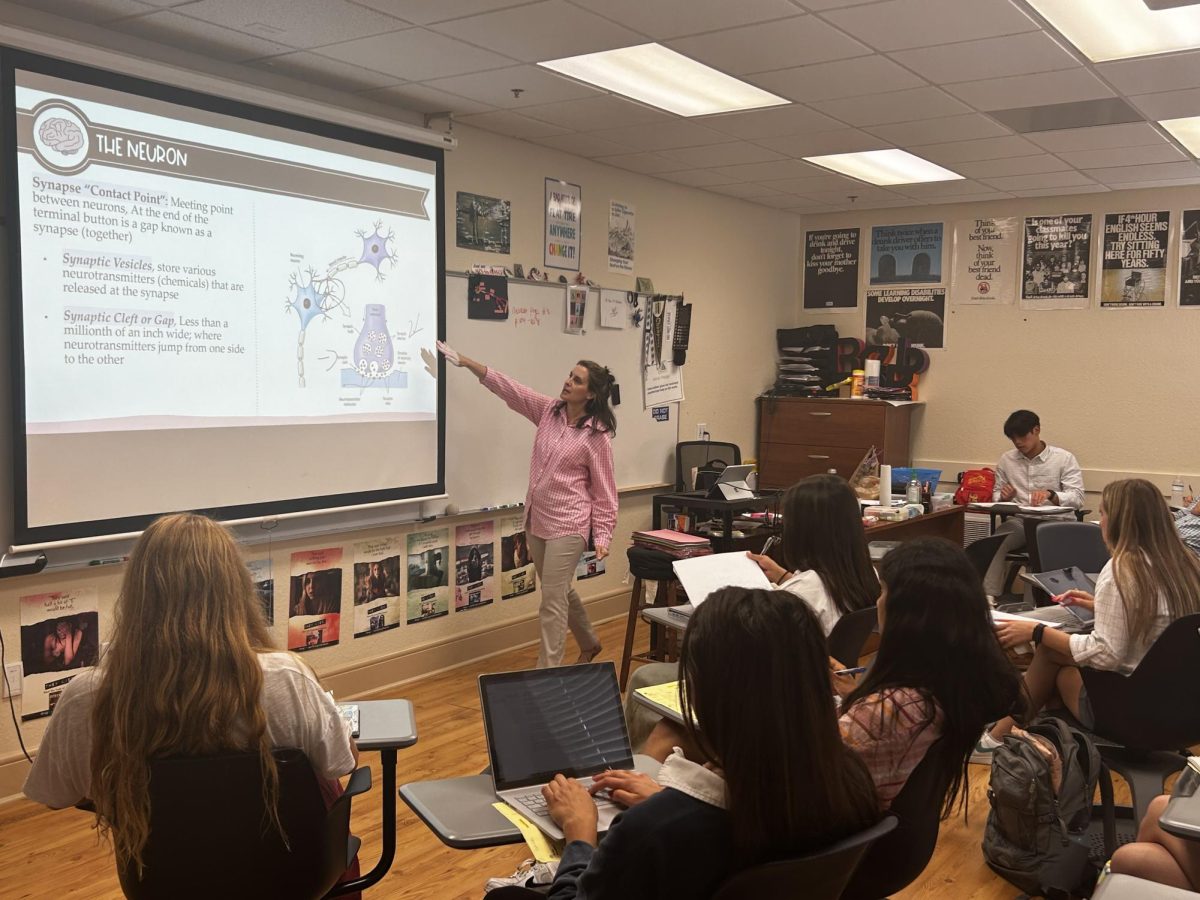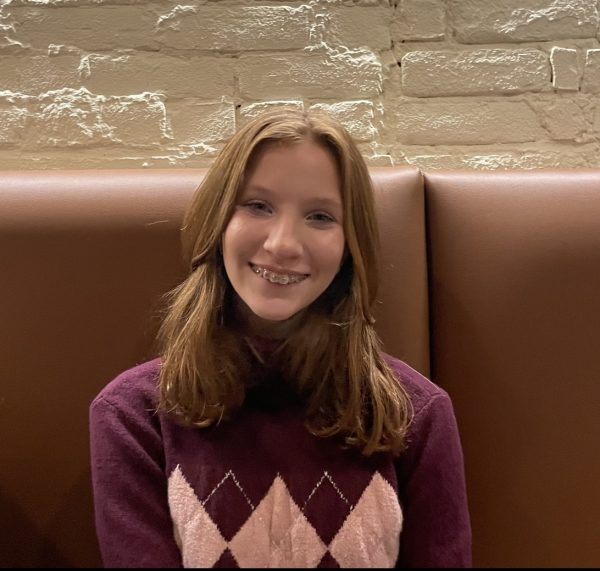AP Psychology is one of the most popular AP courses, taken by over 28,000 students in Florida last year. This year, about 30,000 students from 562 schools planned on taking the class. In early August, the College Board issued a statement suggesting that Florida district schools do not offer the course under the recent Florida Department of Education legislation.
This was due to the recently restricted content about gender identity and sexual orientation. The Florida Board of Education then responded vaguely, saying the course may be taught “fully in an age appropriate way.”
The uncertainty surrounding the AP Psychology curriculum arose after Governor Ron Desantis rejected the piloting of AP African American Studies, claiming he is fighting “woke education” in Florida public schools. This contrasts AP Psychology, which has been taught in Florida for over three decades.
In response to College Board’s statement, multiple school districts announced that they would no longer teach AP Psychology to avoid lawsuits. Seven of the eleven largest districts made this decision, canceling thousands of students’ registrations. However, just before the school year started, many districts reversed their decisions and opened the course back up.
These last minute changes left public school teachers scrambling to plan their curriculums, many questioning if the course would even last throughout the year. Continually, the confusion also affected private school teachers.
“I was really concerned about the status of what the course would look like,” Bolles AP Psychology teacher Mrs. Gomez said.
Bolles’s independent school status (meaning they do not accept any funding from the state), allowed Bolles to reassure the community that they will continue to offer the course. In doing so, Bolles is defending the course’s curriculum and protecting its students’ abilities to take college-level courses.
Local high school Douglas Anderson School Of The Arts offered AP Psychology as an online course, but canceled it in response to College Board’s statement. Ava Chung (‘26), a Douglas Anderson student, was affected by this decision, as she had been looking forward to the course.
“Basically everyone was going to take it, and it really sucks that we can’t,” Chung said.
Like many Florida schools, Douglas Anderson then reversed its initial decision, now offering the online course during the school year. For many students, the reversal came too late to add the class back to their course load.
The AP Psychology situation showcases one of the many advantages private school students have over public school students. Bolles students’ ability to take the course while many Florida high school students no longer can, widening the already broad gap in opportunities between public and private school students. Losing the opportunity to take the course is a setback that not only affects students in high school, but affects their college admissions process and ability to get advanced course credits.
As our society is engulfed in political power struggles, innocent high school students are becoming collateral damage. The AP Psychology situation is just another way our increasing polarized society is using censorship to gain power. The power struggles’ effect on public high school students is unfair and worsens the opportunity divide.
A.P. Psychology May Be Allowed in Florida Schools After All - The New York Times (nytimes.com)
AP psychology class may be available to Florida students after all : NPR
Florida appears to reverse course on AP Psych, but some schools still won't offer it (nbcnews.com)
Florida schools drop AP Psychology after state says it violates the law - The Washington Post
College Board says Florida schools may not offer AP psych without gender lessons (tampabay.com)




